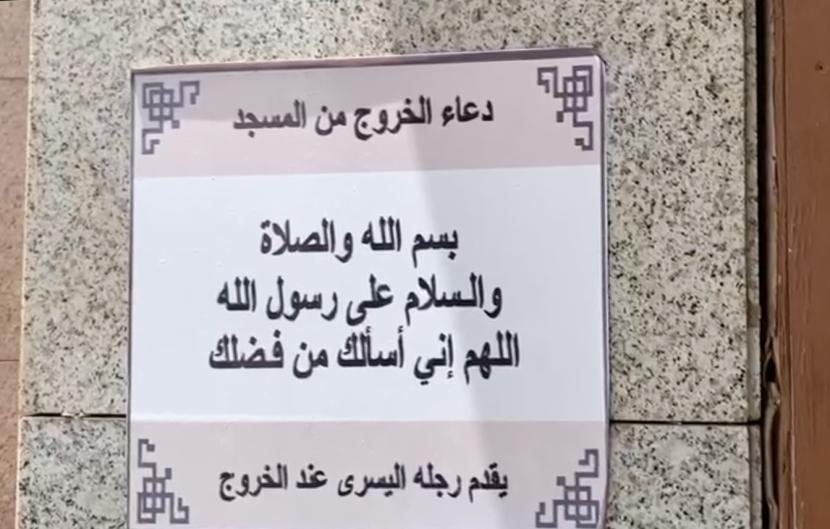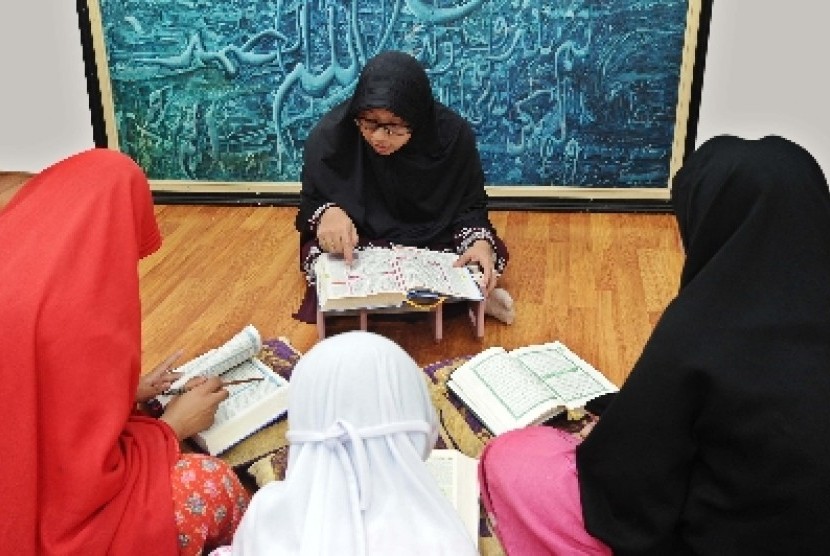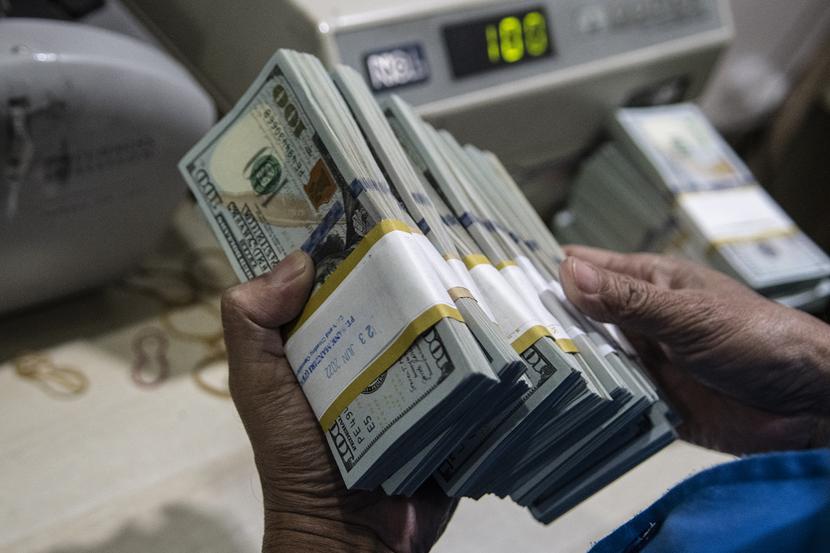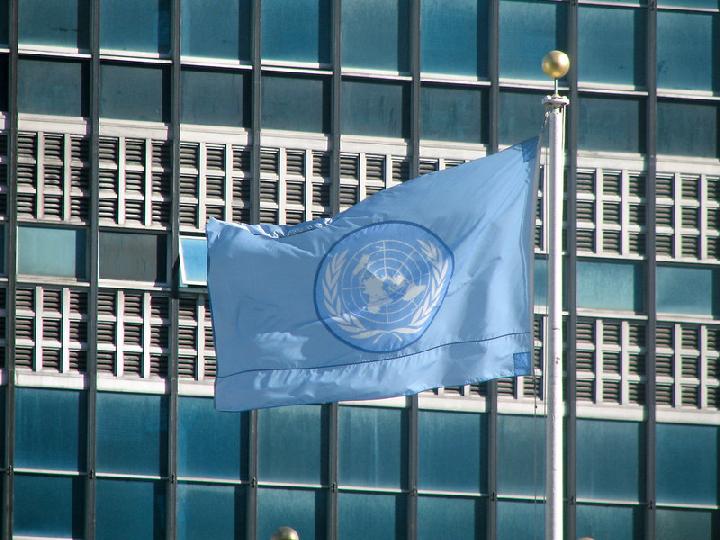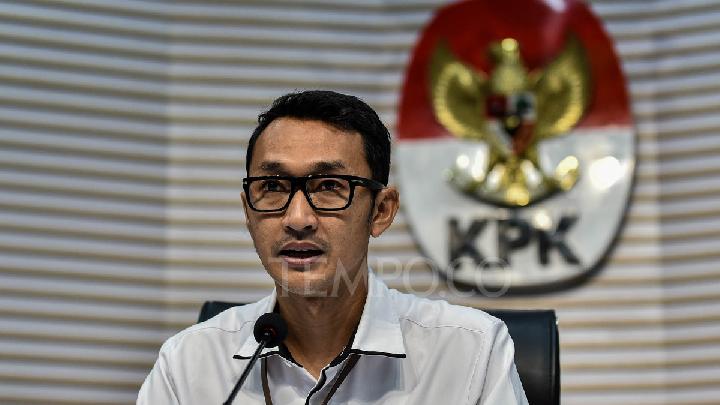TEMPO.CO, Jakarta - The United States’ airstrikes on Iran’s nuclear facilities on June 21, 2025, have heightened tensions in the Iran-Israel war, drawing in U.S. military involvement.
Deputy Chairperson of Commission XI of Indonesia’s House of Representatives, Hanif Dhakiri, called on the government to anticipate the conflict’s impact on the national economy.
"This is not just a regional conflict, but a geopolitical shock that could trigger a global energy crisis, weaken the rupiah, drive inflation, and enlarge the fiscal burden. The government must have well-measured crisis scenarios," Hanif said in Jakarta on Monday, June 23, 2025, as quoted by Antara.
He warned of a potential surge in global oil prices to US$100 per barrel, which could increase energy subsidies and widen the budget deficit.
"We face a double risk. The exchange rate of the rupiah could be under pressure due to the strengthening of the US dollar, while energy subsidy burdens soar. If not anticipated, this pressure could shake the 2025 state budget and impact people's purchasing power," he added.
Hanif also urged adjustments to the 2025 draft budget and called for strong coordination between fiscal and monetary authorities.
"Bank Indonesia must maintain the credibility of monetary policies and exchange rate stability, while the government needs to strengthen energy reserves and social safety nets," he said.
He concluded by stressing the need for long-term planning.
"Global stability is beyond our control, but maintaining national resilience, which includes economic, energy, and food resilience, is our collective responsibility. We must not be merely reactive. We must have emergency plans from now on," he said.
Consultative Assembly Members Push for Policy Reform
Separately, People's Consultative Assembly member Johan Rosihan urged the government to implement a long-term policy transformation aimed at achieving food self-sufficiency in response to the worsening geopolitical crisis.
Johan warned that the Iran-Israel conflict, now involving the United States, poses a serious threat to Indonesia's food security. He stressed the need for immediate and strategic policy measures.
"The war in the Middle East has now developed into a global crisis that threatens domestic food price stability," he said in Jakarta on Monday.
He pointed out that rising global oil prices could significantly affect food logistics and agricultural production costs. Johan recalled that crude oil prices previously reached US$93 per barrel.
If oil prices spike again, he explained, distribution and transport costs would climb, farming expenses would increase, and Indonesian farmers would suffer multiple financial burdens.
The rise in food prices, he said, has wider implications beyond economics, including reduced purchasing power, increased poverty, and worsening nutrition and health, particularly among children.
He also warned that a food crisis could spark social unrest. In 2020, Indonesia was ranked third in ASEAN for hunger rates.
"This condition shows that our national food system is still very vulnerable to global shocks," Johan said.
To address this, he called for accelerating the energy transition in agriculture and strengthening the local food processing industry to increase the income of farmers and business players.
House to Summon Foreign Minister Over Indonesia’s Stance
Meanwhile, Chairperson of Commission I, Utut Adianto, said that Parliament will schedule a meeting with Foreign Minister Sugiono to discuss Indonesia’s position on the Middle East conflict, particularly the U.S. attack on Iran.
"The Foreign Minister has the state, if I may say personally," Utut said at the Constitutional Court building in Central Jakarta on Monday, June 23, 2025.
In the upcoming meeting, the House will also ask the government to clearly present its strategic stance, emphasizing neutrality.
Utut expressed confidence that President Prabowo Subianto understands the importance of maintaining Indonesia's foreign policy direction in mediating the conflict.
"What is most important is to prioritize the non-aligned principle and national interests," said the Indonesian Democratic Party of Struggle politician.
Andi Adam Faturahman and Antara contributed to this article.
Editor's Choice: These Are the Senior Iranian Military and Nuclear Figures Killed in Israeli Strikes
Click here to get the latest news updates from Tempo on Google News


